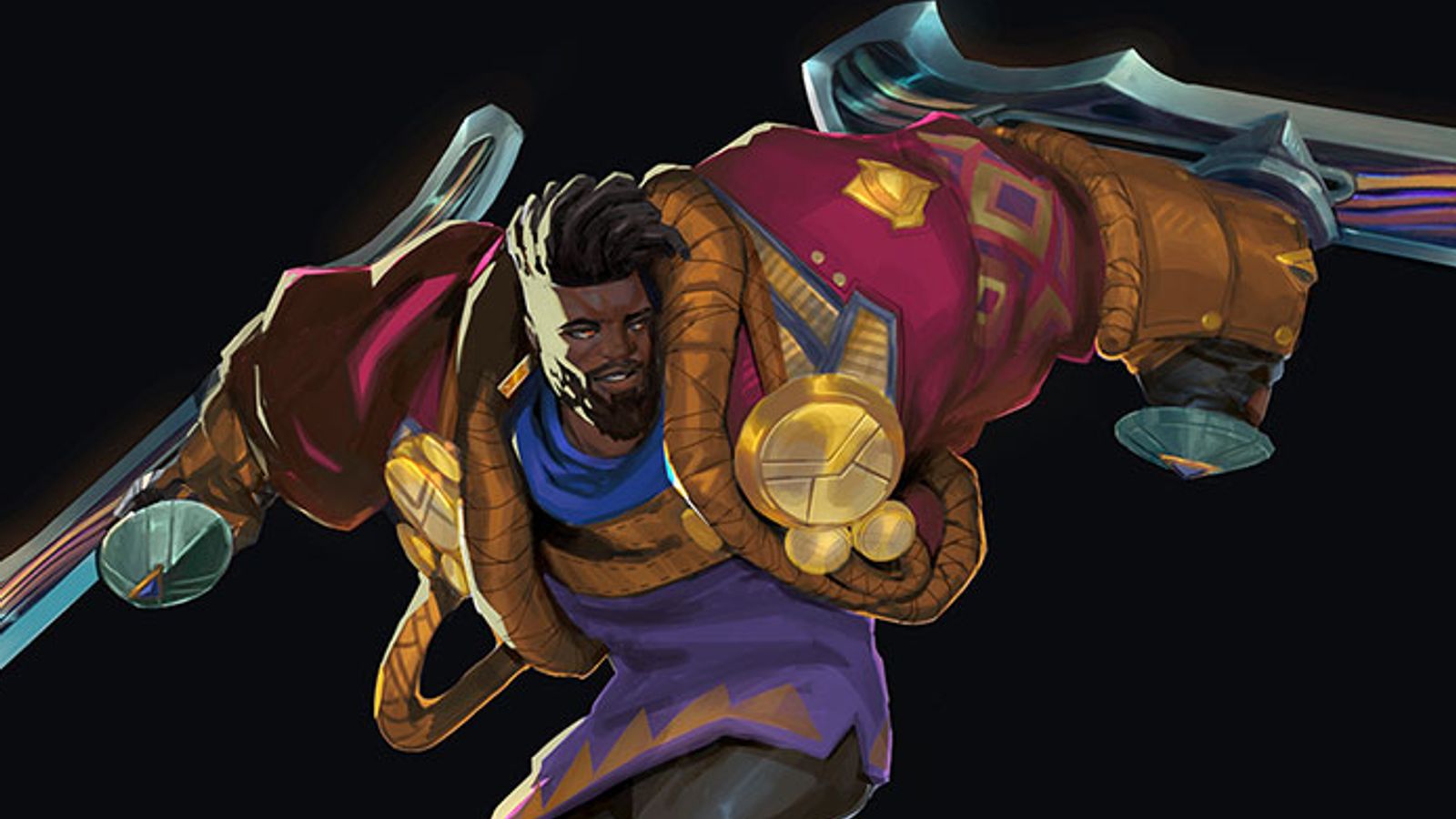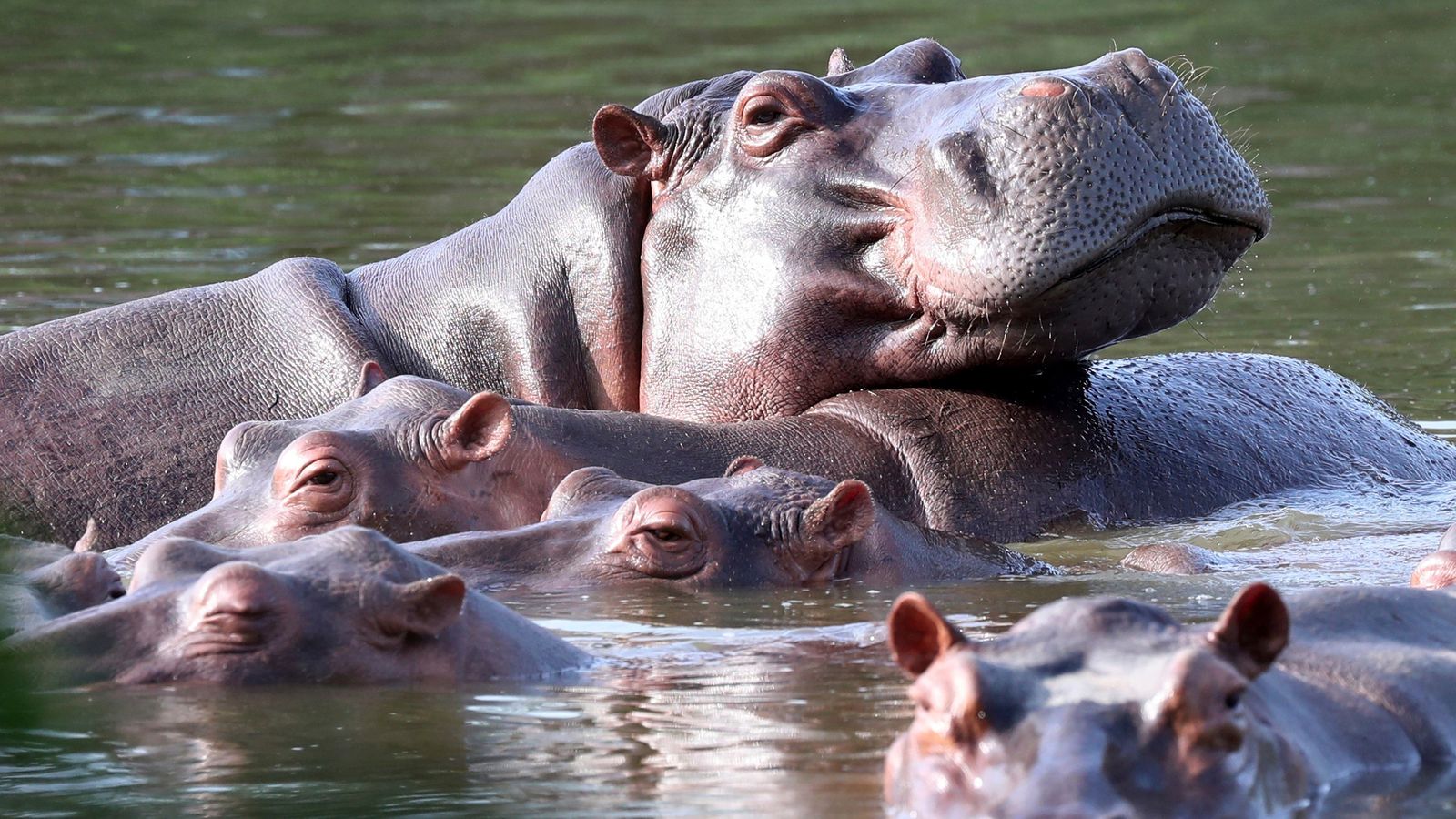The gaming giant behind industry juggernaut League Of Legends has said it removes some references to homosexuality in countries in which gay marriage or being gay is illegal.
Riot Games, which is majority owned by Chinese conglomerate Tencent, is hosting the game’s world championship tournament WORLDS this weekend.
Speaking from the event in San Francisco, League’s executive producer told Sky News that the developer would replace words such as “lover” with “partner” in countries unfriendly to LGBTQ+ rights.
It comes after Riot released the game’s first gay black champion (playable character), K’Sante, who has been heavily marketed in trailers with rapper Lil Nas X.
The music star, who is openly gay, is performing at the tournament’s opening ceremony.
League is one of the most-played PC games on the planet.
Players take on the role of champions in teams to work together to achieve objectives, and each has a backstory composed for them by the game’s writers.
Elon Musk defends culling Twitter staff but insists commitment to moderation remains ‘absolutely unchanged’
Google is testing a new AI chatbot – we put it through its paces
Why the future of gaming could be in the palms of our hands
Riot ‘very proud’ of new character
Jeremy Lee, the executive producer, told Sky News he was “very proud” of the new character and that Riot wants “everyone who plays League Of Legends to find a champion that resonates with them”.
But he admitted that “each region can localise and publish that story in what they feel like is best for the players”.
“Each region may publish certain aspects of the game a little bit differently to fit into the local culture,” he added.
Asked whether the company makes changes or omissions to the storyline behind some characters to suit the regime under which the game is published, global public relations lead Hanna Woo said: “Yes, I would say we do.”
Both Mr Lee and Ms Woo made clear that these narratives can be found on the game’s website. The game itself is universally the same the world over, and features almost entirely one-to-one translations of all text.
In-game characters are for players to interpret themselves, Ms Woo said.
“Even if it’s not explicit, even if it’s not direct, even if there are changes made, or things are just not as much in the forefront of that character’s identity, it’s like you are meant to see them,” she argued.
‘Straightwashing shows money is most important’
LGBTQIA+ Twitch streamer Ben Austwick said he was “sad, yet not surprised” at the practice.
He told Sky News: “Video games are part of culture and should be at the forefront pushing boundaries, especially in places where LGBT+ oppression is rife.
“The straightwashing of queer characters from games in countries with a poor record of LGBT+ rights is sad and proves that there is nothing more important than making the most money.”
WORLDS concludes on Saturday, with two South Korean teams facing off for the world title.






